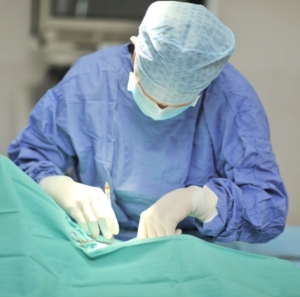Neutering is a routine surgical procedure in which an animal’s reproductive organs are removed. There are several reasons why we recommend neutering your pet.
What are the advantages of neutering my pet?
The primary aim when neutering your pet is the prevention of unwanted pregnancies, however, there are other advantages that come with this elective procedure:
- Reduced risk of pyometra in females. This is a condition where the uterus becomes infected and fills with pus.
- Reduced pregnancies also means that we can prevent the perpetuation of genetic defects.
- Reduced risk of certain cancers such as testicular cancer in males, as well as prostate disease down the line.
- Behavioural advantages, although neutering is not a solution for unwanted behaviours in (particularly male) dogs, and we strongly recommend consulting a behaviourist before taking this step. Feline behaviours such as yowling when in heat and seeking out a male can be resolved with neutering, as well as tomcats spraying inside the home.
- Prevention of phantom pregnancies in female dogs.
- Neutering can also make your pet less desirable for dog-nappers. Unfortunately this is something that needs to be considered, especially with ‘fashionable’ breeds of dog. If your female dog is neutered then dog-nappers cannot profit from breeding from her.
What are the disadvantages of neutering my pet?
As is the case with every surgery, there is always a risk that complications can arise. It would be untrue to say that neutering is a risk-free procedure, even if it is routine. Other things to consider when thinking about neutering are:
- Recent studies have highlighted that neutering dogs at the wrong age according to their breed may lead to a higher risk of osteosarcoma (cancer of the bone) later in life. In this case, our vet will advise you on the best timing to neuter your pet. For larger breeds we usually recommend neutering after 12 months of age, and for smaller breeds after 6 months.
- Infection post-op
- Weight gain after the procedure, which you will be advised to monitor closely after the procedure.
- Aversion to the vets at future visits
- Your pet will have to undergo a full general anaesthetic and, in the case of females, undergo abdominal surgery which is invasive and requires time for recovery.




